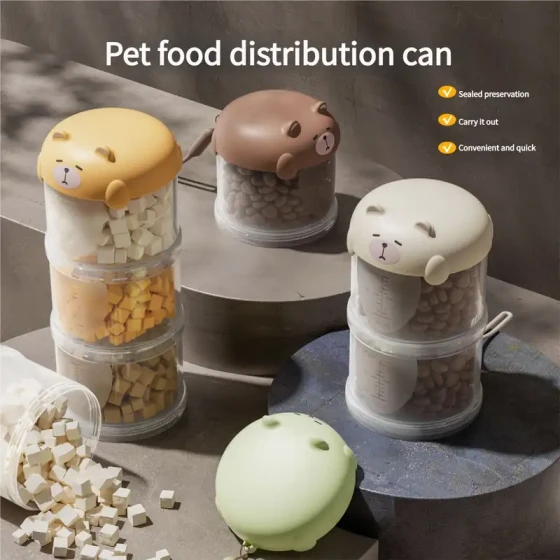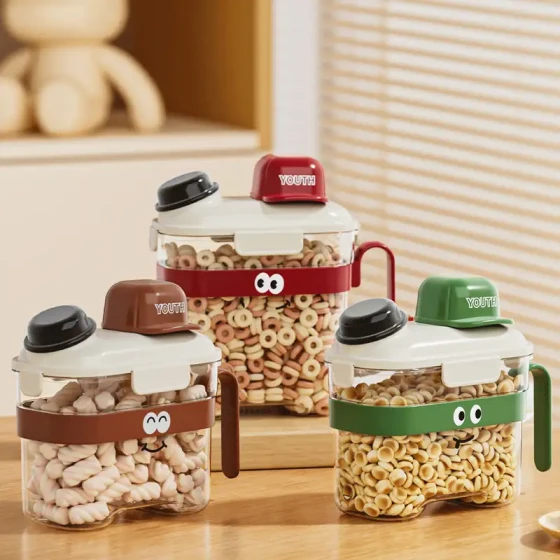What Do Shiba Inu Like to Eat? These Are Not Only Delicious but Also Healthy
It can be said that now 80% of people who see a Shiba Inu will like it, and even can't resist wanting to take it home. This is one reason why more and more families are raising Shiba Inu nowadays. But bringing it home is one thing, and raising it well at home is another. Many people who raise Shiba Inu at home really want to know one question: What do Shiba Inu like to eat? Let's talk about this question below.

People who raise Shiba Inu at home often feel that their Shiba Inu is not picky at all, as if it will eat whatever is given to it. Actually, this observation is not wrong. Shiba Inu can be said to be a famous foodie among dogs. So the question of what Shiba Inu like to eat is not too much of a concern for owners.
But don't give Shiba Inu food carelessly just because they like to eat it. Some people think Shiba Inu are difficult to raise because they are absolute foodies, but their stomachs are very delicate. If they eat something harmful, their bodies will react negatively.

Therefore, owners don’t need to worry about what Shiba Inu like to eat, but rather what they can eat and cannot eat. It should be said that during the growth process, Shiba Inu need a lot of nutrients such as protein, fat, calcium, etc. If owners do not know how to balance these nutrients, they can give their Shiba Inu specialized dog food. The nutrition of dog food is sufficient for their needs, but remember to provide enough clean water.
Also, if the owner worries that dog food is not nutritious enough, they can prepare some meat like lamb, chicken, and also provide fresh vegetables and fruits. This can improve their diet and regulate their stomachs, helping them digest better.

The above is a brief analysis of today’s topic "What Do Shiba Inu Like to Eat." It can be said that families with pets want to spoil them, but don’t give them everything they like just because you love them. Since dogs do not know how to take good care of themselves, owners need to protect them well. Therefore, during the raising process, owners must provide a reasonable living environment. This is the best way.


